Education and learning
Our Faculty’s academic community is at the forefront of research regarding pedagogies equipped to support learners for the future, informed by understandings of policy and practice within both national and international contexts. We are externally recognised for our expertise in the following areas: the transformative use of technology in schools and teacher education; pedagogies of participation/inclusive pedagogies; early childhood pedagogy; international teacher development; and new models of assessment/leadership. Learners’ voices, agency and rights are nurtured through research, and the Children’s Research Centre empowers children and young people as researchers to undertake rigorous research on issues that matter to them.
Centres
Groups
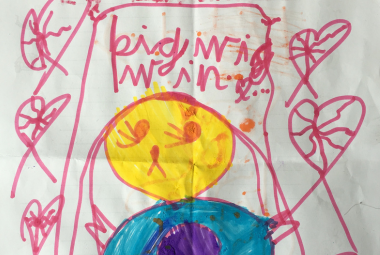
EC@OU
The Early Childhood Research group at The Open University engages in critical, practical and theoretical research and teaching to extend knowledge and understanding about early childhood education and care for children birth to seven years. Our research creates a space for critical reflection about values, beliefs and practical realities in early childhood including social justice, advocacy, the nature of high-quality experiences and children’s rights. It aims to challenge practice and policy through listening to different perspectives using a range of methods. We seek to make meaningful connections, both across the four nations of the UK and internationally, between communities of practice and knowledge exchange to support high quality experiences and services.

Lifelong Learning in Further and Higher Education Research Group (LiFHE)
The Lifelong Learning in Further and Higher Education (LiFHE) research group have a specific focus on all aspects of teaching, learning, researching and working in Further, Adult, Community, Higher Education and Lifelong Learning.

Open Languages Research Group
The Open Languages Research Group (OLRG) focuses on language learning and teaching in a range of contexts. The activity takes place in five main areas: technology-enhanced language learning, language learning, language teaching, intercultural competence, as well as education policy and practice.

The RUMPUS Research Group
The RUMPUS Research Group's key area of research is about how fun relates to learning and education.
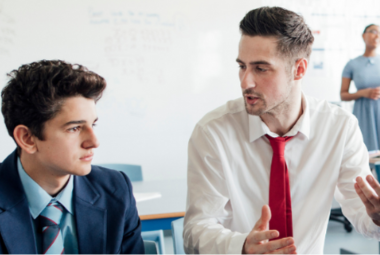
ArDdysg Teacher Education Research Group
The ArDdysg Teacher Education Research Group at the Open University focuses on supporting evidence-informed practice in teacher education and professional learning. It brings together researchers with a range of educational research interests and experience. The group welcome opportunities to work with partners in schools, universities and the third sector, across Wales and further afield.
Networks
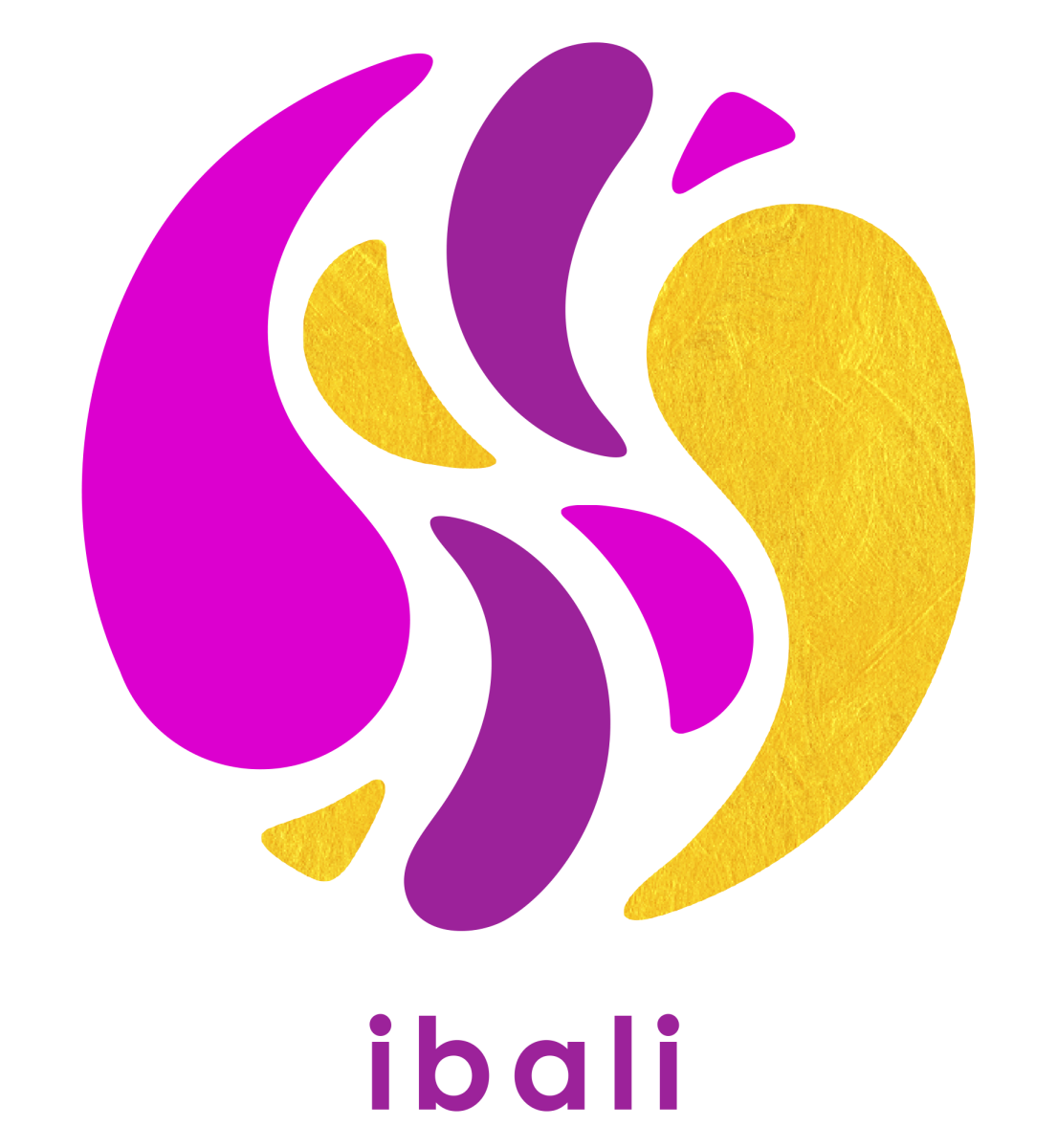
Ibali
The Ibali Network promotes creative, story driven research approaches, and has a particular focus on using story to research inclusion in education and global development contexts. Ibali grew from an AHRC-funded network in 2017 which aimed to connect and support storytelling researchers and practitioners from around the world – but particularly Sub-Saharan Africa. Its current directly funded work is exploring teachers and young people’s experiences of inclusion in Nigeria, South Africa and the UK, but Ibali and its partner organisation Transformative Story have supported many research teams to engage with more creative, story-based research approaches.
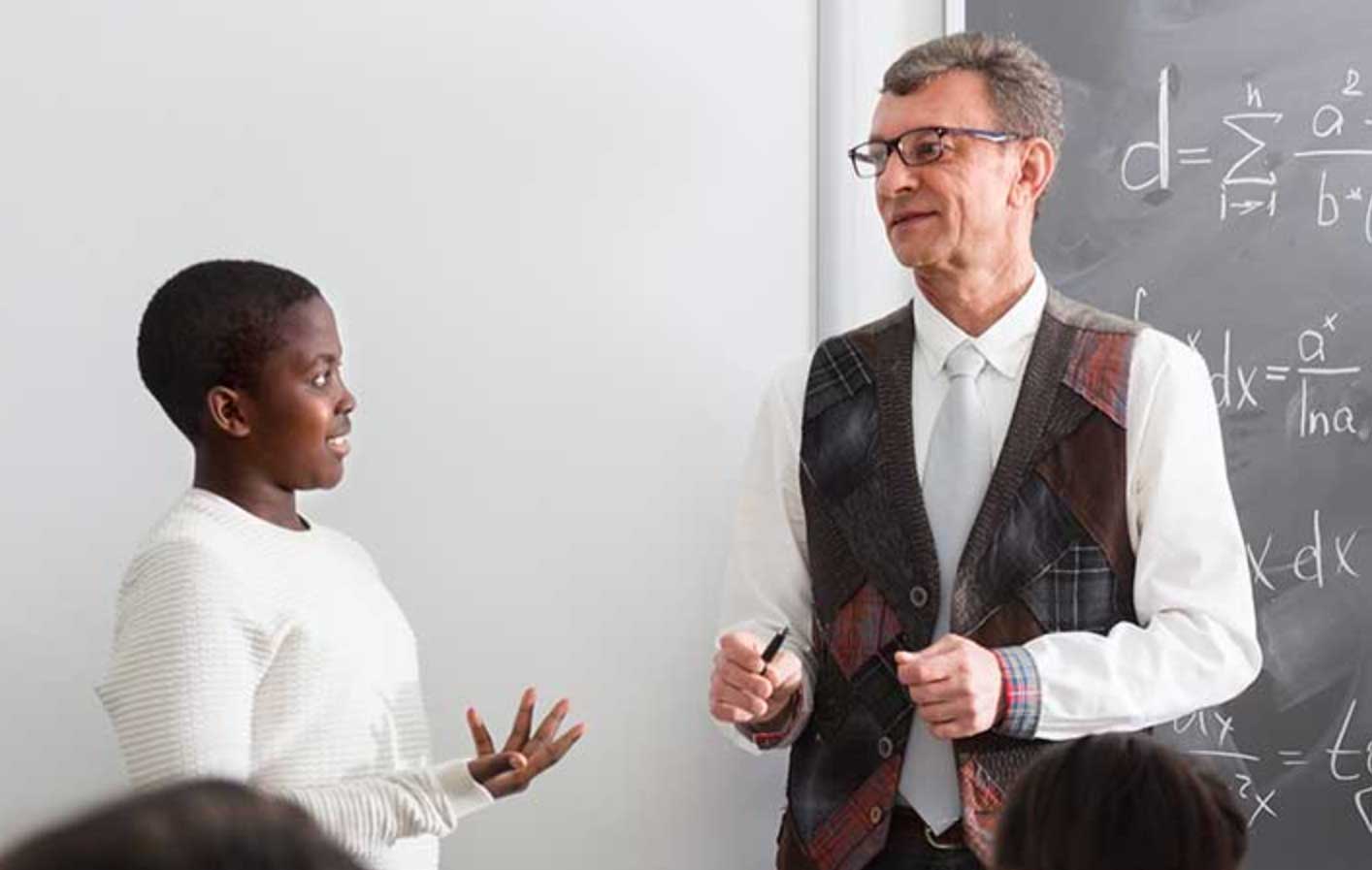
Mathematical Resilience
Mathematical resilience refers to the attitudes and behaviours which together enable people to learn mathematics in a psychologically healthy way. Teaching for mathematical resilience is a challenge to rebalance planning and actions as teachers, and others such as coaches or parents, in order to promote a psychologically healthy mathematics learning environment. Helping learners to become more mathematically resilient requires the application of positive psychology to teaching mathematics. The Open University's holds Cross-Faculty expertise about Mathematical Resilience and hosts annual events.
Research enquiries
For research enquiries email:
WELS-research-admin@open.ac.uk
For student and degree enquiries email:
WELS-student-enquiries@open.ac.uk
Events
Carers Research Group Bi-Annual Conference
Wednesday, June 11, 2025 - 09:30 to 15:30
Walton Hall Campus and Microsoft Teams
Talk 10: Queer(ing) Ageing: Sexual and Gender Diversity in Later Life. Ageing Well Public Talks series 2024/2025
Wednesday, June 11, 2025 - 12:00 to 14:00
Online

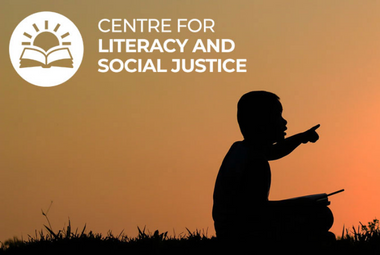
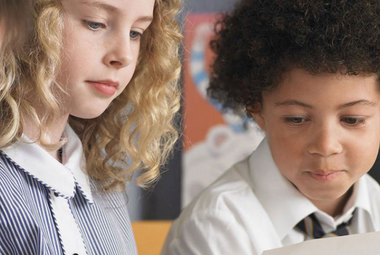
.png)
